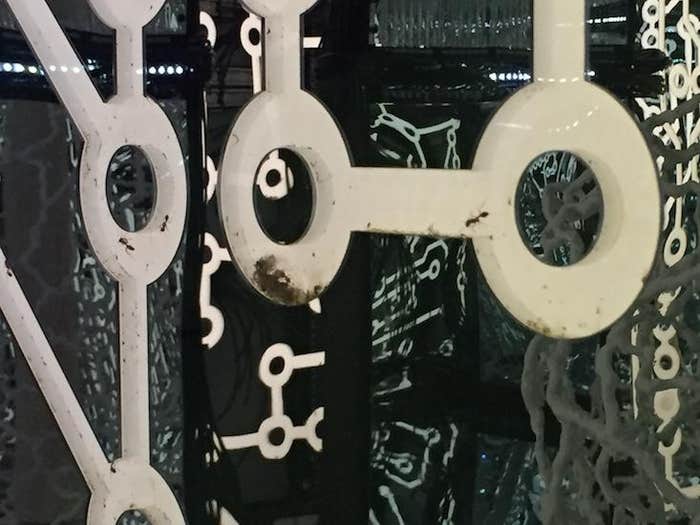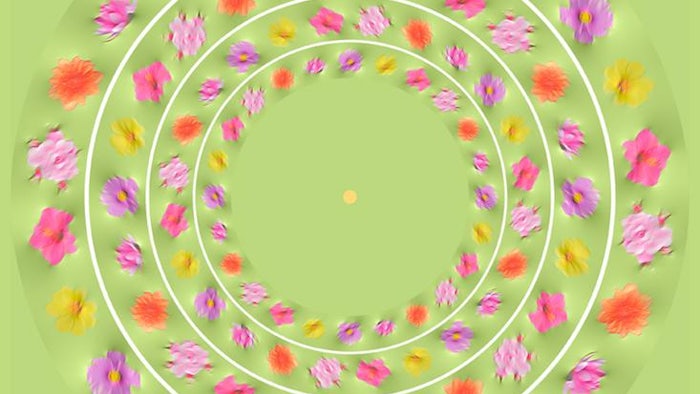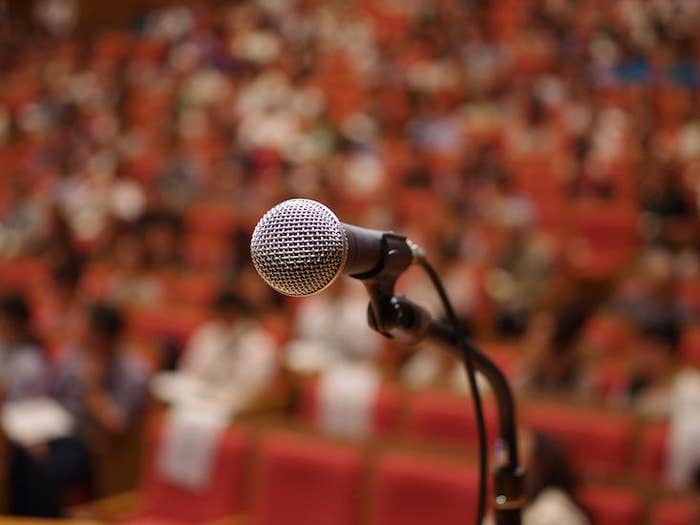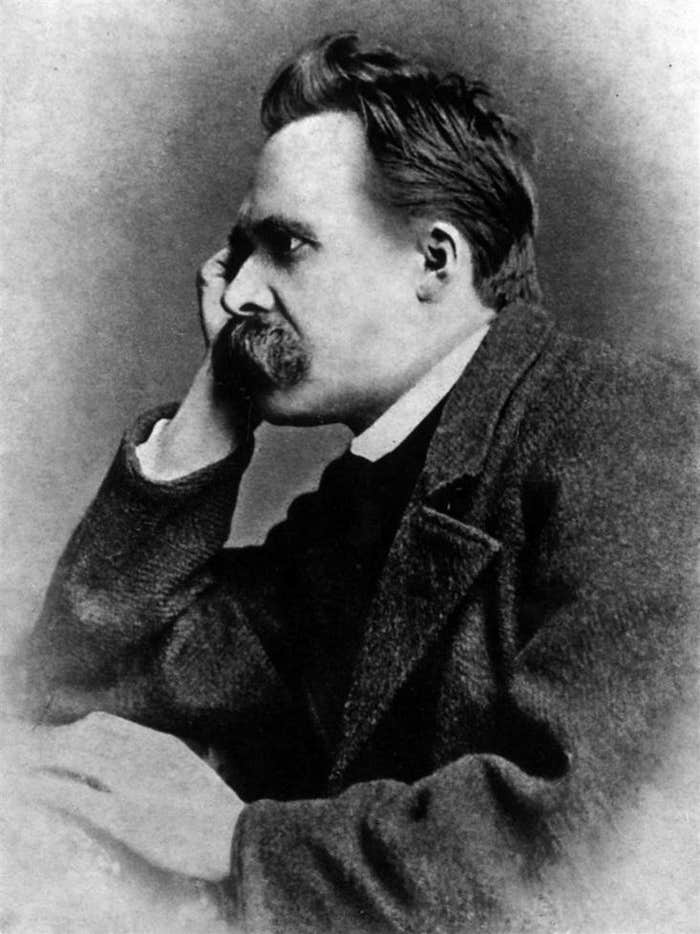Issue_49
22 articles-
Impossibly Hungry Judges
It is up to authors to interpret the effect size in their study, and to show the mechanism through which an effect that is impossibly large, becomes plausible.The Court by William Hogarth (circa 1758) Nautilus Members enjoy an ad-free experience. Log in or Join now . I was listening to a recent Radiolab episode on blame and […] -
The Pressures and Perks of Being a Thought Leader
Barmy ideas can gain a foothold just because of the prominence of the person voicing them.Photograph by Tamaki Sono / Flickr Nautilus Members enjoy an ad-free experience. Log in or Join now . The first time I saw the term, I was mystified. “Hey, Dr S! We’re getting a few KOLs together to give us […] -
The Unbearable Weirdness of CRISPR
How the genome of a salt-loving microbe led to a world-changing technology. -
Ingenious: Albert Camus
A reconstructed conversation with the great writer about science and the absurd. -
To a Cigarette Maker, Your Life Is Worth About $10,000
Since there is one death for every million cigarettes sold (or smoked), a tobacco manufacturer will make about $10,000 for every death caused by their products.Illustration by Raxon Rex / Flickr Nautilus Members enjoy an ad-free experience. Log in or Join now . If you had to put a price on your life, what cash […]
-

What It’s Like to Be an Ant
The idiosyncrasies of our social and cultural lives significantly influences our conscious and unconscious responses to the smells of others and our behaviors toward them.Photograph by Gayil Nalls / Installation View: The Hugo Boss Prize 2016: Anicka Yi, Life Is Cheap, Solomon R. Guggenheim Museum, New York, April 21–July 5, 2017 Nautilus Members enjoy an […]
-

How Japanese Floating Illusions Reverse-Engineer What We See
The Arais do not merely dissect illusions, but can generate them, taking an image that looks boringly normal and making subtle changes, to color and contrast, to fool our brains. Nautilus Members enjoy an ad-free experience. Log in or Join now . If you don’t know how something works, break it. Science is built on […]
-

Chaos Makes the Multiverse Unnecessary
Science predicts only the predictable, ignoring most of our chaotic universe.
-
Why Your Brain Hates Other People
And how to make it think differently. -
How Discovering an Equation for Altruism Cost George Price Everything
Price had set himself the “problem” of explaining why humans lived in families—particularly what fatherhood was for, scientifically speaking. This, in turn, led him to the question of how altruism had evolved, and it was while studying new theories around this topic that he derived what is now called the Price equation, almost by accident. […] -
Nietzsche Is Not the Proto-postmodern Relativist Some Have Mistaken Him For
When writing Ecce Homo in the late 1880s, Nietzsche sought to resurrect the Voltairean spirit in Europe, which he felt by his times had been washed away by pessimistic Romanticism. “Voltaire still comprehended umanità in the Renaissance,” Nietzsche wrote, “the cause of taste, of science, of the arts, of progress itself and civilisation.”Photograph by Gustav […] -
Does Having Kids Make Mothers Age Faster?
Evidence is stacking up on both sides of an age-old debate. -
It’s Not Romantic Anymore to Say That Plants Have Brain-like Systems
Last month, when the mayor of New Orleans, Mitch Landrieu, presided over the removal of a statue of Robert E. Lee, he gave a speech that would go viral. In it, he rebuked the South’s long-nurtured tendency—expressed in slogans like, “Heritage, not hate”—to romanticize the Confederacy. “We shouldn’t romanticize Confederate monuments,” read a recent letter […]



























